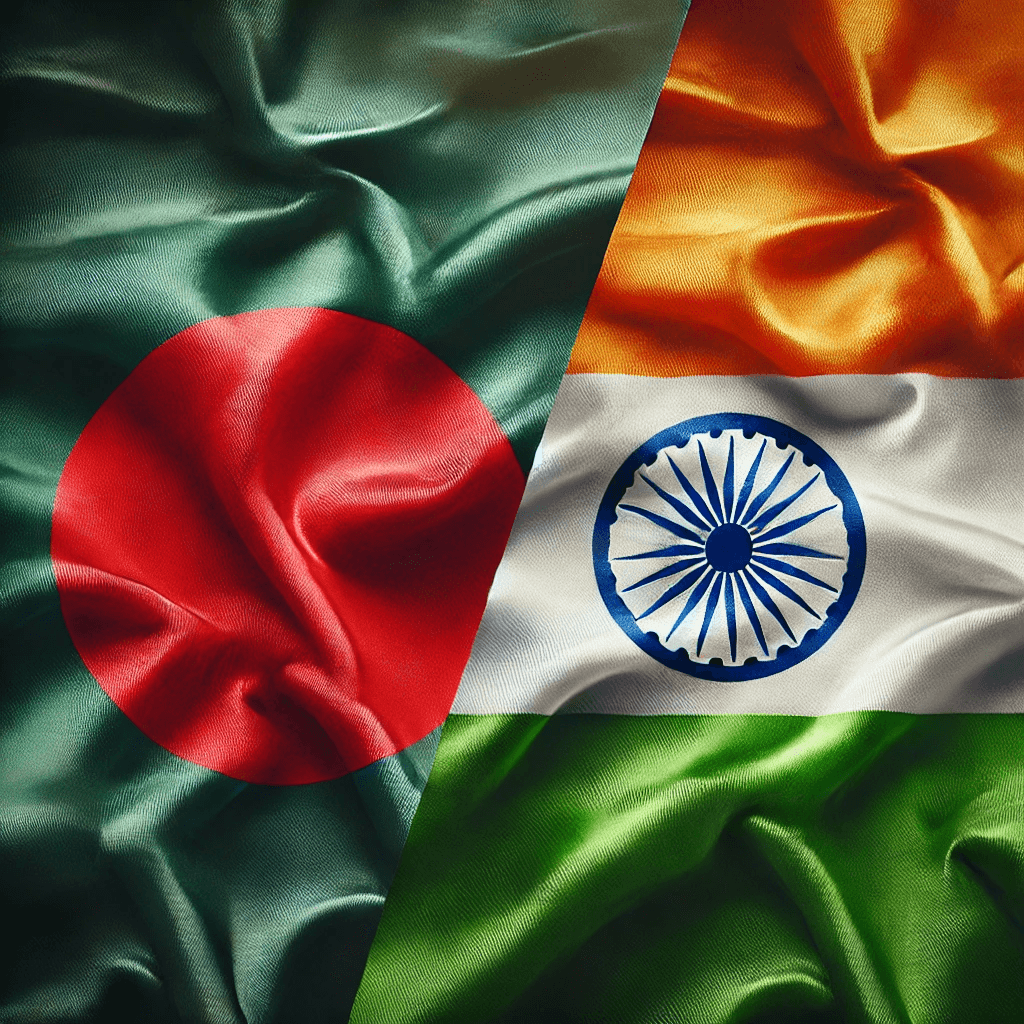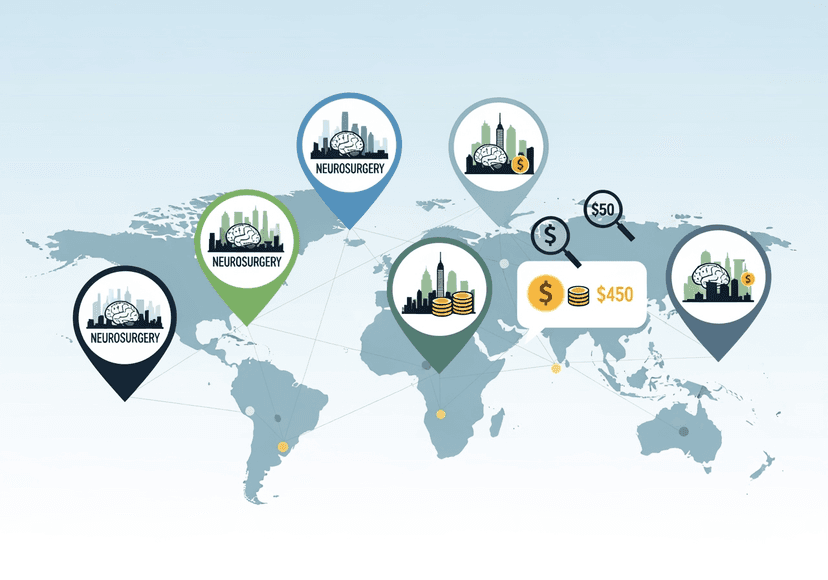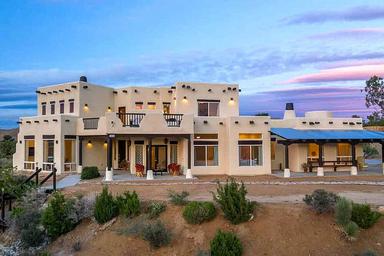
Comprehensive Comparison of Major Medical Treatments: Bangladesh vs. India
20 Jun, 2024
When it comes to major medical treatments, how do Bangladesh and India stack up? This comparison cuts through the noise to give you a clear picture of healthcare in these neighbouring countries. We'll look at quality, costs, technology, and patient experiences across key medical specialities. Whether you're considering treatment options or just curious, this breakdown will help you understand the strengths and challenges of healthcare in both nations. Let's dive into what sets Bangladesh and India apart in the world of medicine.
1. Cardiac Surgery
India:
Quality of Care:
Most popular procedures in India
India is renowned for its high-quality cardiac care, with top hospitals such as Apollo Hospitals, Fortis, and Narayana Health offering specialized cardiac units. These hospitals employ highly experienced cardiologists and cardiac surgeons who perform a wide range of procedures, from minimally invasive heart surgeries to complex open-heart surgeries.
Wellness Treatments
Give yourself the time to relax
Lowest Prices Guaranteed!

Lowest Prices Guaranteed!
- Cost: The cost of cardiac surgery in India ranges from $4,000 to $10,000, depending on the complexity of the surgery and the hospital's location and reputation.
- Infrastructure: India boasts state-of-the-art cardiac care facilities equipped with advanced technology, including 3D mapping systems, robotic-assisted surgeries, and hybrid operating rooms.
- Success Rates: Success rates for cardiac surgeries in India are quite high, often exceeding 95% for common procedures like coronary artery bypass grafting (CABG) and valve replacements.
Bangladesh:
Quality of Care:
- Cost: Cardiac surgery in Bangladesh is generally more affordable, with costs ranging from $2,500 to $6,000.
- Infrastructure: The infrastructure is developing, with major hospitals in Dhaka equipped with modern cardiac care facilities. However, the availability of the latest technology may be limited compared to India.
- Success Rates: Success rates are good, but slightly lower than in India, primarily due to lesser experience and advanced technology.
2. Cancer Treatment
India
Quality of Care:
- Cost: Cancer treatment costs in India can range from $3,000 to $10,000 depending on the type and stage of cancer, as well as the treatment plan.
- Infrastructure: Advanced infrastructure with specialized cancer centres, access to the latest treatment modalities, and participation in international clinical trials.
- Success Rates: High success rates, particularly for early-stage cancers. Comprehensive care, including surgery, chemotherapy, radiation therapy, targeted therapy, and immunotherapy, contributes to effective outcomes.
Bangladesh:
Quality of Care:
Cancer treatment is available at major hospitals like United Hospital and the National Institute of Cancer Research & Hospital. These facilities offer a range of oncology services, including chemotherapy and radiation therapy.
- Cost: Cancer treatment in Bangladesh is generally more affordable, with costs ranging from $1,500 to $5,000.
- Infrastructure: Adequate for basic to intermediate-level care, but lacks some of the cutting-edge technologies found in Indian hospitals. However, efforts are being made to upgrade facilities and technology.
- Success Rates: Success rates are good but may vary significantly based on the type and stage of cancer and the facilities available.
3. Orthopedic Surgery
India:
Quality of Care:
India is a leading destination for orthopaedic procedures, with hospitals like Fortis, Apollo, and Max Healthcare providing world-class services. These hospitals offer treatments ranging from joint replacements to spinal surgeries, performed by highly experienced orthopedic surgeons.
- Cost: The cost of orthopaedic surgeries, such as knee or hip replacements, ranges from $3,000 to $8,000.
- Infrastructure: Top-notch infrastructure with advanced imaging facilities, robotic surgery options, and rehabilitation centres.
- Success Rates: High success rates, often above 90%, for procedures like joint replacements and spinal surgeries. Comprehensive post-operative care and rehabilitation contribute to successful outcomes.
Bangladesh:
Quality of Care:
Orthopedic care is improving in Bangladesh, with hospitals like Evercare Hospital Dhaka and Delta Medical College Hospital offering good services. These hospitals provide a range of orthopaedic treatments, including joint replacements and fracture management.
- Cost: Orthopedic surgeries in Bangladesh are generally more affordable, typically costing between $2,000 and $5,000.
- Infrastructure: Developing infrastructure with competent surgeons, though lacking some advanced surgical tools and facilities available in India.
- Success Rates: Good, particularly for routine procedures like fracture management and joint replacements. High-end surgeries may have slightly lower success rates due to limited advanced technology.
4. Cosmetic Surgery
India:
Quality of Care:
India is renowned for cosmetic surgery, offering a high standard of care at hospitals like Dr. D.Y. Patil Hospital and Kokilaben Dhirubhai Ambani Hospital. Skilled plastic surgeons perform a variety of procedures, including rhinoplasty, liposuction, and facelifts.
- Cost: Costs for cosmetic surgery in India vary widely, from $1,000 to $5,000, depending on the procedure and hospital.
- Infrastructure: State-of-the-art facilities with advanced technology, including laser surgery and minimally invasive techniques.
- Success Rates: High success rates with a strong focus on aesthetics and patient satisfaction. Comprehensive pre-operative and post-operative care ensures optimal outcomes.
Bangladesh:
Quality of Care:
- Cost: Generally more affordable, ranging from $800 to $3,000.
- Infrastructure: Adequate for basic procedures but may lack some advanced facilities and technologies.
- Success Rates: Good, with satisfactory outcomes for common procedures. Complex surgeries might have varied results depending on the available technology and expertise.
5. Organ Transplants (Kidney, Liver)
India:
Quality of Care:
- Cost: Kidney transplants cost between $13,000 and $18,000, while liver transplants range from $30,000 to $50,000.
- Infrastructure: Advanced facilities with state-of-the-art ICUs, transplant-specific units, and access to advanced immunosuppressive therapies.
- Success Rates: High success rates, with kidney transplants achieving 85-90% and liver transplants 70-85% success rates. Regular follow-ups and strict protocols ensure long-term success.
Bangladesh:
Quality of Care:
- Cost: Generally lower, with kidney transplants costing between $10,000 and $15,000, and liver transplants between $25,000 and $40,000.
- Infrastructure: Developing facilities, with some limitations in advanced post-operative care and long-term follow-up.
- Success Rates: Good but variable, dependent on the hospital's experience and available facilities. Success rates are improving with increased expertise.
6. Fertility Treatments (IVF)
India:
Quality of Care:
India is home to top fertility centres like AIIMS, Fortis, and Max Healthcare, offering advanced fertility treatments including IVF, ICSI, and egg/sperm donation.
- Cost: IVF treatments cost between $3,000 and $7,000 per cycle.
- Infrastructure: Advanced technology and laboratories, experienced embryologists, and comprehensive fertility programs.
- Success Rates: Success rates are high, with many centres reporting 30-40% success per cycle. Personalized treatment plans and advanced protocols contribute to high success rates.
Bangladesh:
Quality of Care:
- Cost: More affordable, with IVF treatments costing between $2,000 and $5,000 per cycle.
- Infrastructure: Adequate technology and laboratories, though some advanced techniques may be limited.
- Success Rates: Comparable to global averages, around 25-35% per cycle. Success rates depend on individual cases and available expertise.
7. Neurological Surgeries (Brain, Spine)
India:
Quality of Care:
- Cost: The cost of neurological surgeries ranges from $5,000 to $15,000.
- Infrastructure: Cutting-edge technology including neuronavigation, intraoperative MRI, and minimally invasive techniques.
- Success Rates: High success rates for routine and complex surgeries, supported by experienced neurosurgeons and advanced postoperative care.
Bangladesh:
Quality of Care:
Neurological care is improving, with major hospitals like Dhaka Medical College offering treatments for brain and spinal conditions.
- Cost: More affordable, with costs ranging from $3,000 to $10,000.
- Infrastructure: Developing, with competent surgeons but limited access to some advanced technologies.
- Success Rates: Good, with success rates depending on the complexity of the surgery and available facilities.
8. Dental Care
India:
Quality of Care:
High standards of dental care at clinics like Clove Dental and Apollo White Dental, offering services ranging from routine check-ups to advanced procedures like dental implants and orthodontics.
- Cost: Routine check-ups cost $20 to $50, while advanced procedures range from $200 to $1,000.
- Infrastructure: Modern facilities with advanced technology, including digital X-rays, laser dentistry, and CAD/CAM systems.
- Success Rates: High success rates for all procedures, with a focus on patient comfort and satisfaction.
Bangladesh:
Quality of Care:
Good dental services at hospitals and private clinics, offering a range of treatments from routine care to advanced procedures.
- Cost: Generally lower, with routine check-ups costing $10 to $30 and advanced procedures between $100 and $800.
- Infrastructure: Adequate, with essential technology and competent dental professionals.
- Success Rates: Good for both routine and advanced procedures, with the increasing availability of modern dental technologies.
Both India and Bangladesh offer diverse medical procedures, each with its own advantages. India is known for its advanced infrastructure, high success rates, and access to cutting-edge technology, albeit at a higher cost. On the other hand, Bangladesh provides more cost-effective options with developing infrastructure and skilled medical professionals, making it a practical choice for many patients seeking quality healthcare.
Related Blogs

Compare Neuro Surgery Costs Across Cities with Healthtrip’s Help
Find everything you need to know about neuro surgery in

Find the Best Doctor for Neuro Surgery in India with Healthtrip
Find everything you need to know about neuro surgery in

Steps to Prepare for Your Neuro Surgery with Healthtrip in India
Find everything you need to know about neuro surgery in

Why International Patients Prefer Healthtrip for Neuro Surgery in India
Find everything you need to know about neuro surgery in

Top Patient Concerns About Neuro Surgery and How Healthtrip Addresses Them
Find everything you need to know about neuro surgery in

Get Personalised Care for Neuro Surgery with Healthtrip’s Partner Hospitals
Find everything you need to know about neuro surgery in










